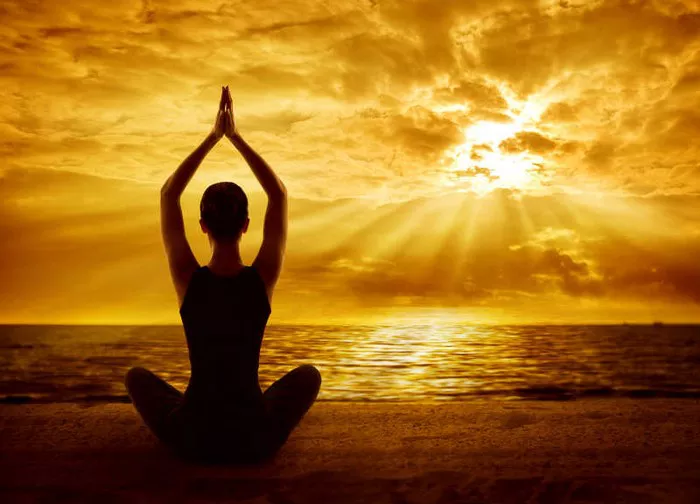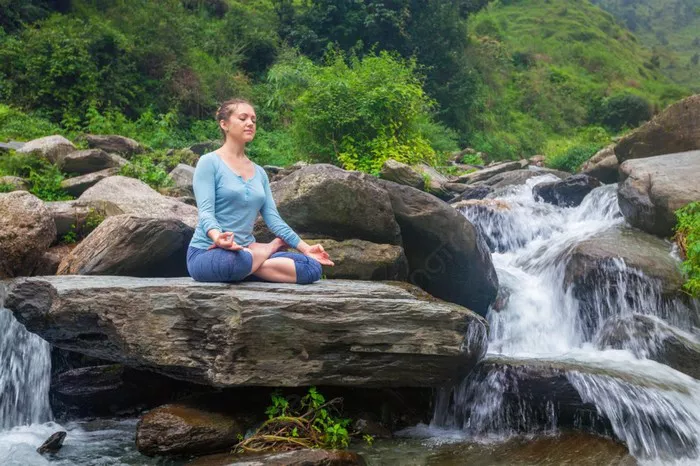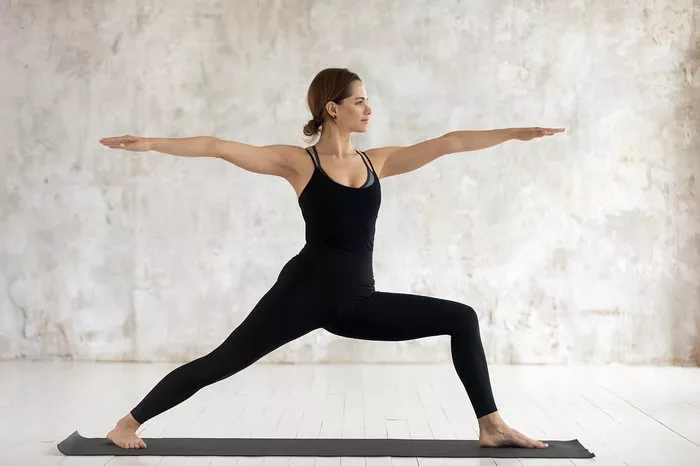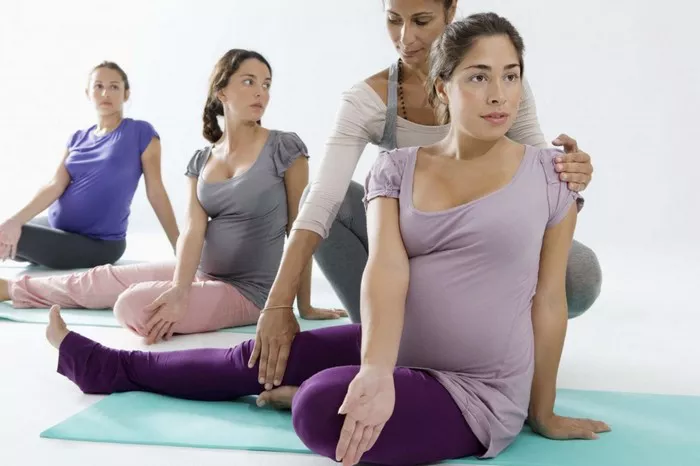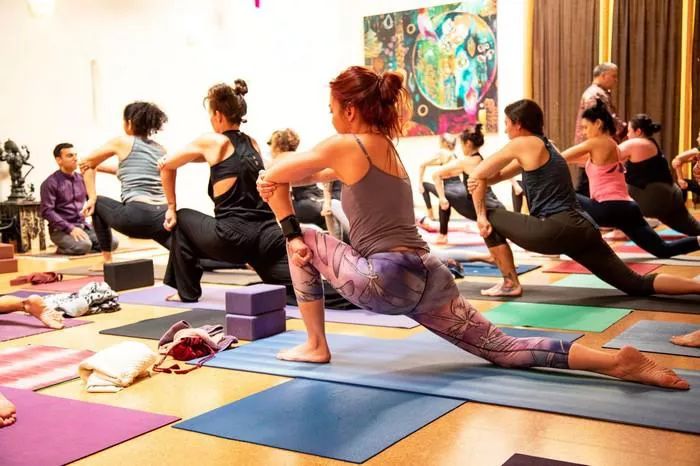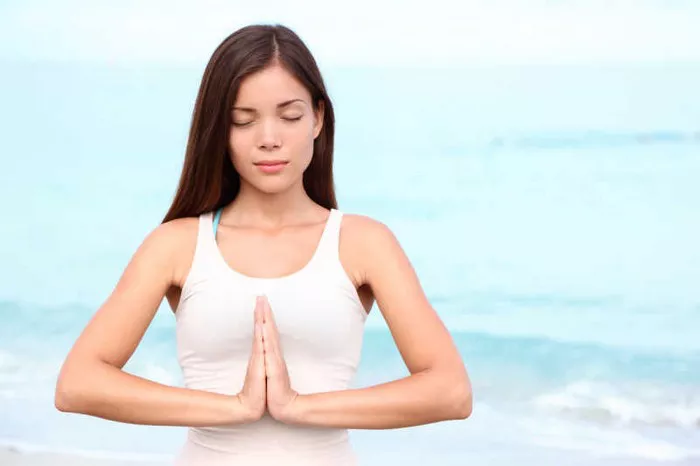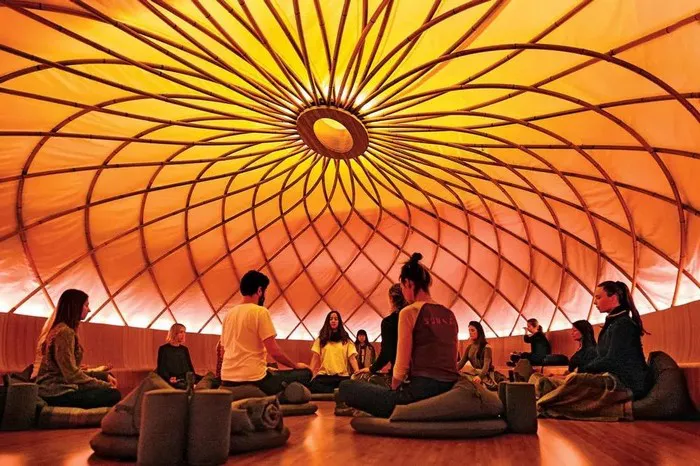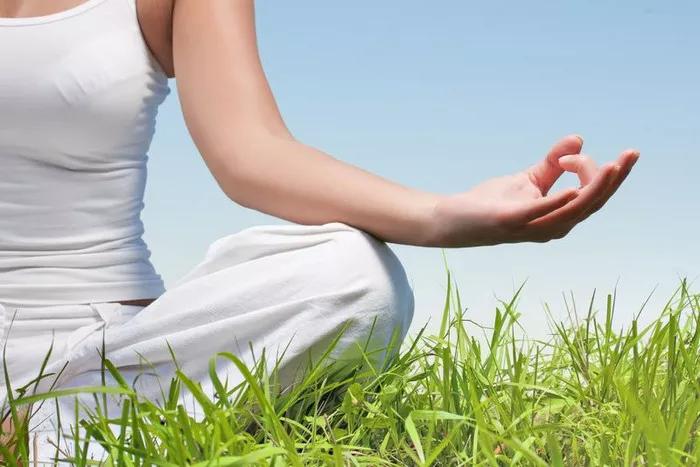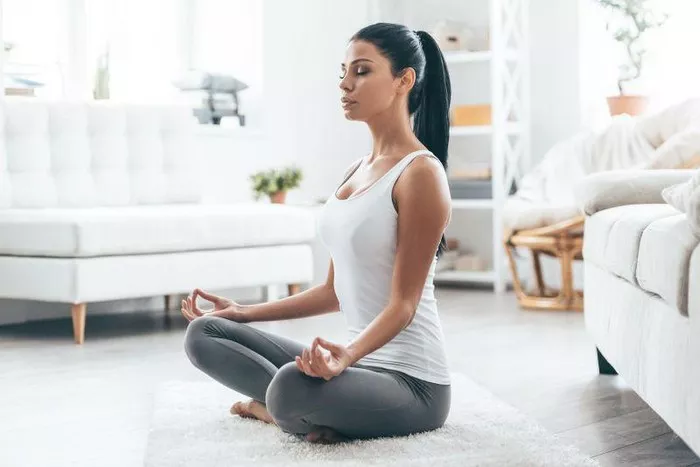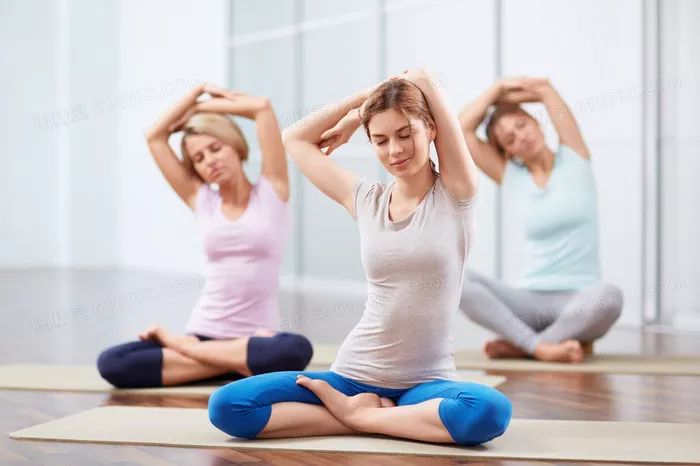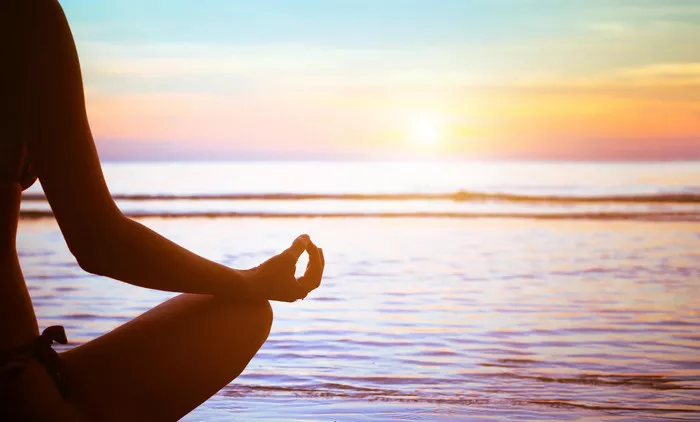Yoga has become a global phenomenon, offering numerous styles that cater to different fitness levels, goals, and preferences. Among the many styles, Hatha yoga is one of the most well-known and widely practiced. However, a common question among beginners and even experienced yogis exploring new styles is: Is Hatha yoga fast-paced? The short answer is no, Hatha yoga is generally a slow-paced practice focused on alignment, breath control, and mindfulness. However, to fully understand its nature, we need to explore its characteristics, benefits, and how it compares to other yoga styles.
Understanding Hatha Yoga
Hatha yoga is a traditional branch of yoga that emphasizes the physical postures (asanas) and breath control (pranayama) to prepare the body and mind for meditation. The word “Hatha” is derived from Sanskrit, where “Ha” means sun and “Tha” means moon, symbolizing the balance between opposing energies within the body.
Unlike fast-paced yoga styles such as Vinyasa or Ashtanga, Hatha yoga focuses on holding postures for an extended duration. This allows practitioners to develop strength, flexibility, and body awareness while maintaining steady and controlled breathing.
Why Hatha Yoga is Not Fast-Paced
1. Emphasis on Holding Postures
One of the defining features of Hatha yoga is its emphasis on holding poses for a longer period, typically ranging from 15 to 60 seconds or even longer in some classes. This practice helps deepen the stretch, improve muscle endurance, and enhance mental focus.
2. Focus on Breath Control
Breath (pranayama) is an essential aspect of Hatha yoga. Unlike dynamic styles where breath and movement are synchronized in rapid transitions, Hatha yoga incorporates slow and deep breathing techniques. This conscious breath control helps calm the nervous system, promote relaxation, and improve lung capacity.
3. Slow and Mindful Movements
In Hatha yoga, transitions between poses are performed with mindfulness and control. Instead of flowing quickly from one pose to another, practitioners move deliberately, ensuring proper alignment and balance in each posture.
4. Longer Relaxation Periods
A Hatha yoga session typically includes extended relaxation periods, such as Savasana (Corpse Pose), at the end of the practice. This is in contrast to more vigorous styles, where relaxation is often shorter. These periods allow the body and mind to fully integrate the benefits of the practice.
5. Focus on Alignment and Awareness
Rather than focusing on speed, Hatha yoga prioritizes correct alignment and bodily awareness. This makes it an ideal choice for beginners who want to build a strong foundation in yoga before attempting more physically demanding styles.
Comparing Hatha Yoga to Other Styles
To understand Hatha yoga’s pace better, let’s compare it to other popular yoga styles:
Hatha vs. Vinyasa Yoga
Vinyasa yoga is known for its fluid, fast-paced movements that link breath with continuous transitions between poses. Unlike Hatha, which focuses on holding poses, Vinyasa flows quickly from one posture to another, making it a more cardiovascular-intensive practice.
Hatha vs. Ashtanga Yoga
Ashtanga yoga follows a structured sequence of postures performed in a vigorous and continuous flow. The transitions are rapid, and the practice is physically demanding. Hatha yoga, on the other hand, is much slower and more meditative.
Hatha vs. Power Yoga
Power yoga is a modern, fitness-oriented style that incorporates strength-based movements and rapid sequences. It is designed to build endurance and burn calories. In contrast, Hatha yoga focuses more on flexibility, relaxation, and mindfulness.
Hatha vs. Yin Yoga
While both Hatha and Yin yoga emphasize slow movements, Yin yoga involves holding passive poses for several minutes to target deep connective tissues. Hatha yoga incorporates more active engagement of muscles and includes a variety of standing, seated, and balancing postures.
Who Should Practice Hatha Yoga?
Hatha yoga is suitable for a wide range of individuals, including:
Beginners: Due to its slower pace and emphasis on fundamentals, Hatha yoga is an excellent starting point for those new to yoga.
Older Adults: The gentle nature of Hatha yoga makes it accessible to older individuals seeking to improve mobility and overall well-being.
People Seeking Stress Relief: Since Hatha yoga includes breath control and relaxation techniques, it is beneficial for reducing stress and anxiety.
Individuals Recovering from Injury: The slower movements and focus on alignment make Hatha yoga a safe option for those recovering from injuries.
Anyone Looking for a Meditative Practice: If you prefer a practice that cultivates mindfulness and inner awareness rather than intensity, Hatha yoga is ideal.
The Benefits of Hatha Yoga’s Slow Pace
The slow-paced nature of Hatha yoga offers numerous benefits, including:
Improved Flexibility: Holding poses for longer durations helps lengthen and stretch muscles effectively.
Enhanced Strength and Stability: Even though it is slow, Hatha yoga builds strength by engaging muscles in each pose.
Better Posture and Alignment: The focus on correct form reduces the risk of injury and enhances body awareness.
Stress Reduction: Deep breathing and relaxation techniques calm the nervous system, reducing stress and promoting mental clarity.
Increased Mindfulness: The slower movements and breath control encourage a meditative state, enhancing mindfulness and self-awareness.
Accessible to All Fitness Levels: Unlike fast-paced styles that require high endurance, Hatha yoga can be adapted to suit different abilities and needs.
Conclusion
Hatha yoga is not a fast-paced style of yoga. Instead, it is a deliberate, mindful, and meditative practice that emphasizes holding postures, breath control, and proper alignment. Its slower nature makes it an excellent choice for beginners, older adults, those seeking stress relief, and anyone looking for a balanced approach to physical and mental well-being. While it may not provide the cardiovascular challenge of Vinyasa or Power yoga, Hatha yoga offers profound benefits that contribute to long-term health and wellness. If you’re looking for a practice that nurtures both body and mind without rushing through movements, Hatha yoga is an excellent choice.
Related Topics:

